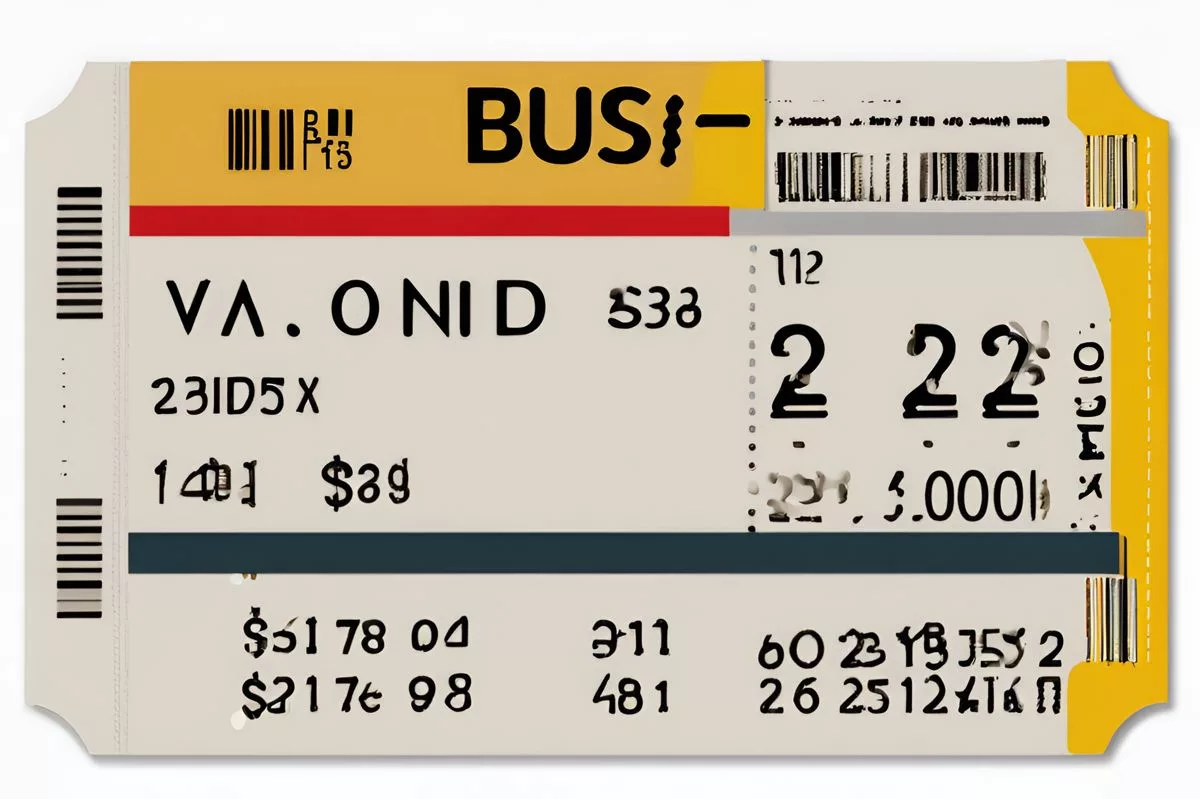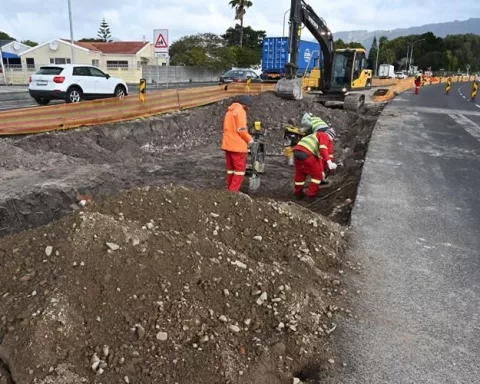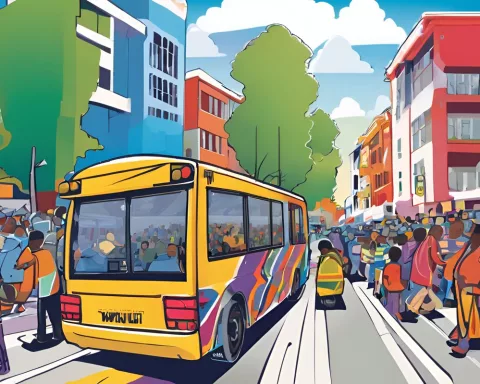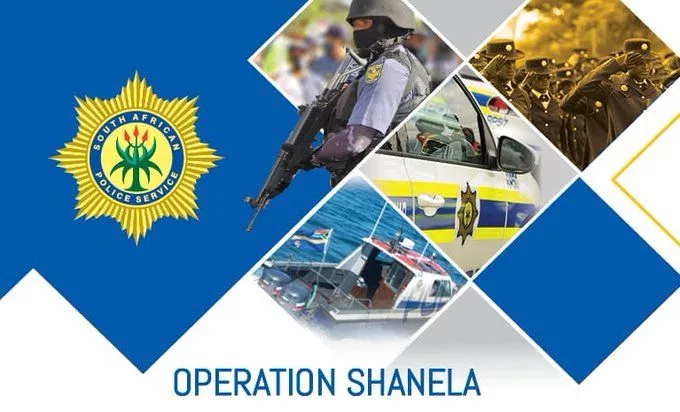MyCiTi bus fares in Cape Town have increased by 5%, causing financial strain for commuters. The increase impacts peak and off-peak travel costs and has been met with criticism due to malfunctioning buses, defective tap-out systems, and poor customer service. The City of Cape Town blames rising operational costs for the fare increase. Commuters continue to struggle with financial stress in an increasingly complex urban environment.
What is the MyCiTi bus fare modification in Cape Town?
The MyCiTi bus fare increases by 5% annually, adding to the financial burden of commuters in Cape Town. The increase impacts peak and off-peak travel costs, eliciting criticism from Capetonians who cite malfunctioning buses, defective tap-out systems, and poor customer service as additional concerns. The City of Cape Town attributes the fare increase to rising operational costs, but commuters continue to struggle with financial stress in an increasingly complex urban environment.
As dawn breaks over Cape Town’s bustling urban landscape, the city’s busy commuters face a grim reality – a 5% hike in MyCiTi bus fares. Effective from 1st July, this increase adds another element of financial strain for the city’s industrious populace, stretching their budgets even further.
The radiant beauty of Cape Town, punctuated by the awe-inspiring backdrop of Table Mountain, stands in stark contrast to the day-to-day difficulties endured by its inhabitants. The daily commute from the peaceful Table View station to the city’s pulsating heart, the Civic Centre in the Central Business District (CBD), previously priced at R20.90 during peak hours – between 6:45am to 8am and 4:15pm to 5:30pm – now carries a heftier cost of R21.91. Journeys during off-peak hours have also witnessed a surge in fares, from R16.90 to R17.75.
The Annual Fare Adjustment: A Bone of Contention
The MyCiTi bus fare modification is a yearly occurrence, timed with the conclusion of the City of Cape Town’s annual budget proceedings. Nonetheless, this fiscal practice has met with a barrage of criticism from the Capetonians.
One such critique comes from Mkhululi Mpofu, a 32-year-old Khayelitsha resident, whose daily journey to the Cape Town CBD is now tainted with financial worries. This price surge significantly impacts his budget, indicative of the rampant inflation that’s making the lives of numerous South Africans increasingly difficult. In addition, Mpofu criticises the customer service at MyCiTi, stating it does not justify the escalating fares, highlighting issues such as malfunctioning bus doors and defective tap-out systems.
Similar sentiments are expressed by Ababalwe Ndamase, a 38-year-old Parklands resident. Ndamase apprehends that the fare hike could drive more individuals toward potentially hazardous taxis. He urges MyCiTi to enhance their services, specifically at the kiosks, where he claims neglectful cashiers cause unnecessary delays. Ndamase also expresses dissatisfaction with the lack of weatherproofing on the buses, which results in passengers getting drenched on rainy days. He feels these shortcomings are pushing MyCiTi away from being a reliable public transport system.
Martin Toontjies, a 32-year-old Dunoon resident, however, maintains a glimmer of hope. He firmly believes that public transportation can indeed be cost-effective. Toontjies advocates for fare reductions, particularly for buses with incomplete services. His daily routine involves a 10-minute stroll to the Omuramba MyCiTi bus stop, to catch a bus to Century City for work. Yet, the lack of buses often disrupts his commuting schedule.
City of Cape Town’s Defence and the Ongoing Commuter Struggles
In response to the criticism, the City of Cape Town blames escalating vehicle operating expenses, including diesel and price indices, for the fare increase. While MyCiTi tariffs do consider diesel price variations, the City emphasizes that these operational costs also restrict service expansion. They highlight that capital funds from the national government are mainly utilized to extend routes into new regions.
As Cape Town wakes up to another day, the city’s commuters are left to grapple with these hurdles. They find themselves at the mercy of financial stress, battling against the tide of rising expenses, while trying to navigate their way through an increasingly intricate urban life. With their travel costs to work now higher, and their grievances with the authorities steadily escalating, the denizens of Cape Town continue their journey through this ever-changing urban environment.
1. What sparked the criticism of MyCiTi bus fare increase?
The MyCiTi bus fare increase has been met with criticism due to malfunctioning buses, defective tap-out systems, and poor customer service. Commuters in Cape Town also struggle with financial stress in an increasingly complex urban environment.
2. When does the MyCiTi bus fare increase take place?
The MyCiTi bus fare increases by 5% annually, timed with the conclusion of the City of Cape Town’s annual budget proceedings.
3. How much is the MyCiTi bus fare now for journeys during peak and off-peak hours?
For journeys during peak hours (6:45am to 8am and 4:15pm to 5:30pm) from the peaceful Table View station to the city’s pulsating heart, the Civic Centre in the Central Business District (CBD), the fare has increased from R20.90 to R21.91. Journeys during off-peak hours have also witnessed a surge in fares, from R16.90 to R17.75.
4. Why is the City of Cape Town blaming operational costs for the fare increase?
The City of Cape Town attributes the fare increase to rising operational costs, including diesel and price indices, which restrict service expansion. They highlight that capital funds from the national government are mainly utilized to extend routes into new regions.
5. What are some of the customer complaints regarding MyCiTi bus services?
Commuters have raised concerns about malfunctioning bus doors, defective tap-out systems, and poor customer service. Others have expressed dissatisfaction with the lack of weatherproofing on the buses, which results in passengers getting drenched on rainy days.
6. What do some commuters suggest as a solution to the fare increase and service issues?
Some commuters suggest fare reductions, particularly for buses with incomplete services. They also urge MyCiTi to enhance their services, specifically at the kiosks, where they claim neglectful cashiers cause unnecessary delays.












